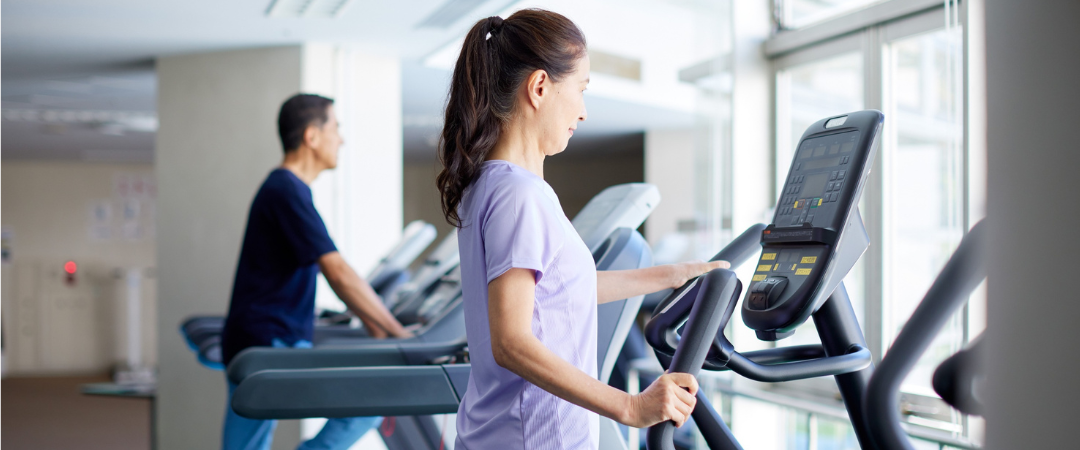Change is a natural part of life. Whether it is a change in health, a transition from hospital to skilled nursing, or a move to a new living environment, adapting to something new can be both physically and emotionally challenging. In times of transition, one of the most stabilizing tools we have is routine. A well-established routine offers comfort, familiarity, and a sense of control during uncertain times. At Bridgewood Post-Acute in Sacramento, routine plays an essential role in helping residents feel supported and secure throughout their healing journey.
Why Routine Matters During Transitions
Change can feel overwhelming, especially when it comes suddenly. For individuals recovering from a medical event or adjusting to life in a skilled nursing facility, routines help create a sense of normalcy. Knowing what to expect from the day can reduce anxiety, build confidence, and provide direction.
Routine supports mental health by giving residents a sense of purpose. Each part of the day becomes a building block that contributes to stability. Simple activities like waking up at the same time, attending therapy sessions, or sharing meals can all be part of a structured routine that leads to better physical and emotional outcomes.
A Typical Day Built on Routine
At Bridgewood Post-Acute, daily life is organized to promote healing and comfort. The day begins with morning care, helping residents get up, dressed, and ready. This personal care routine supports dignity and independence. Medication is administered on a set schedule, providing structure that residents can rely on.
Meals are another consistent part of the day. Breakfast, lunch, and dinner are served at the same times each day and are thoughtfully prepared under the guidance of a registered dietitian. These shared mealtimes not only provide proper nutrition but also reinforce a reliable routine that contributes to overall wellness.
Therapy sessions are scheduled at routine times so residents can count on a rhythm that helps them work toward recovery goals. Whether participating in physical, occupational, or speech therapy, the repetition and consistency of these sessions support long-term progress.
Routine Enhances Recovery
Establishing a routine is especially helpful during the recovery process. Healing does not happen all at once. It happens slowly, step by step. A routine provides the framework for small, consistent efforts that add up to big gains over time.
Bridgewood Post-Acute offers therapy services that rely on regular participation and steady progress. A scheduled routine of therapy, rest, and support gives residents the best chance of regaining mobility, strength, and confidence. Daily repetition allows the body to adapt and rebuild, while also providing a psychological boost as residents begin to see improvement.
Emotional Benefits of Routine
Routine does not only benefit the body. It also nurtures the mind. When someone experiences a major life change, it is common to feel a sense of loss or uncertainty. Routine helps restore a sense of identity. It gives residents a familiar path to follow, even when everything else feels unfamiliar.
At Bridgewood Post-Acute, daily activities and social interactions are part of the routine as well. Whether it is a scheduled game, craft, or conversation with a staff member, these moments of connection make a big difference. Social routines foster a sense of belonging, which is important for emotional health.
Even something as simple as receiving an Ecard from a loved one can become part of a comforting routine. These small gestures of connection help residents stay emotionally grounded and feel remembered by the people who care about them.
Creating Personalized Routines
One of the strengths of Bridgewood Post-Acute is its ability to tailor care to each resident’s needs. While routine is important, it is also flexible. Not every resident will benefit from the same schedule. Some may prefer quiet mornings and more active afternoons. Others may enjoy early therapy and restful evenings.
By understanding individual preferences and goals, staff at Bridgewood create routines that reflect the rhythm of each person’s lifestyle. This personalized structure makes it easier for residents to engage with their care plan and participate actively in their recovery.
Stability Through Routine
In any season of change, the value of routine cannot be overstated. It is the quiet, consistent structure that keeps everything else in balance. Whether someone is healing from surgery, adjusting to a new care setting, or learning to manage a chronic condition, routine offers stability and support.
Bridgewood Post-Acute recognizes that routine is not just a schedule. It is a source of strength, comfort, and healing. With a focus on daily structure, personalized care, and compassionate support, the team at Bridgewood helps residents navigate change with confidence. In a time of transition, the power of routine is one of the most effective tools for recovery and peace of mind.
